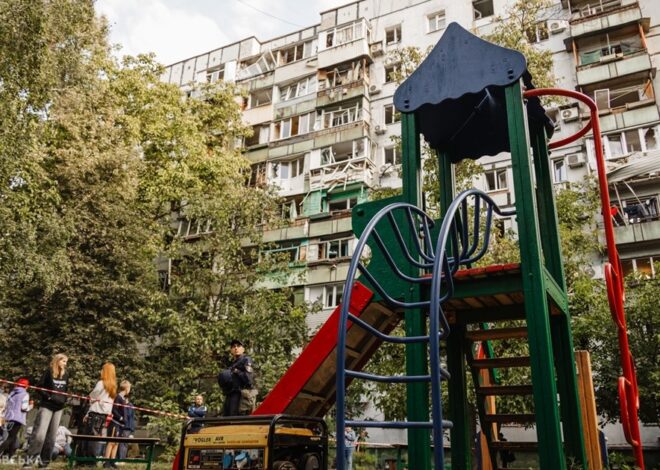
Uncovering the Truth: The Sharifeh Mohammadi Case and Its Impact on Justice
Sharifeh Mohammadi Faces Death Sentence in Iran
Sharifeh Mohammadi, a dedicated activist and engineer, has been imprisoned since December 2023 in Iran. The 46-year-old is accused of “armed rebellion against the state,” and now faces execution yet again.
Repeated Death Sentences
Mohammadi has been sentenced to death twice in 2024 and early 2025, with the Supreme Court upholding the ruling once more in August.
Activism and Arrest
Her relentless commitment to workers’ rights brought her under the government’s scrutiny. Mohammadi was a member of a labor organization committee based in Rasht, a coastal city on the Caspian Sea. This committee is regarded by the authorities as an “opposition group.” She lives in Rasht with her family, including her 13-year-old son.

Legal Framework and Implications
According to Iranian law, three major offenses can result in the death penalty: war against God, corruption on earth, and rebellion. Lawyer Marzieh Mohebi emphasized the ambiguous nature of these laws, which allows judges to interpret them broadly, potentially criminalizing various forms of political dissent.
Located in exile in France, Mohebi had previously built a network of female lawyers in Iran who defended women facing unjust incarceration.
Widespread Protests
In September 2022, protests erupted across Iran following the death of 22-year-old Jina Mahsa Amini while in police custody, igniting a movement under the banner “Woman, Life, Freedom,” which resists the compulsory hijab and discrimination against women.
Concerns Over Legal Processes
Mohebi criticized the Iranian legal system, stating that it is easy to label ordinary citizens as “criminals.” She believes that this practice serves the regime’s purpose of stifling civic engagement while prioritizing security.
After being arrested, Mohammadi’s family had no information about her whereabouts for several months. During this time, she reported enduring over 200 days in solitary confinement, where she experienced torture and abuse.
International and Domestic Reactions
Despite the serious procedural flaws noted during her trial, Mohammadi has received widespread support from human rights organizations. The family connection between judges overseeing her trial raises valid questions about the integrity of her legal proceedings.
Call for Action
Human rights groups, including Amnesty International, have called for the immediate halt of Mohammadi’s death sentence. Trade unions in Europe, including those from Germany, France, and Sweden, are voicing strong opposition against her verdict.
In Iran, the Teachers’ Trade Association criticized the sentence as “inhumane and unjust,” asserting that it aims to suppress labor movements. Videos circulating online show demonstrations in support of Mohammadi, emphasizing the collective struggle for justice.
Conclusion
Sharifeh Mohammadi’s case highlights the severe consequences faced by activists in Iran. Her plight serves as a critical reminder of the ongoing struggle for human rights and freedom within the country. Advocates continue to call for her release and an end to oppressive legal practices.
Published: 2025-09-21 18:56:00 | Source: www.dw.com



